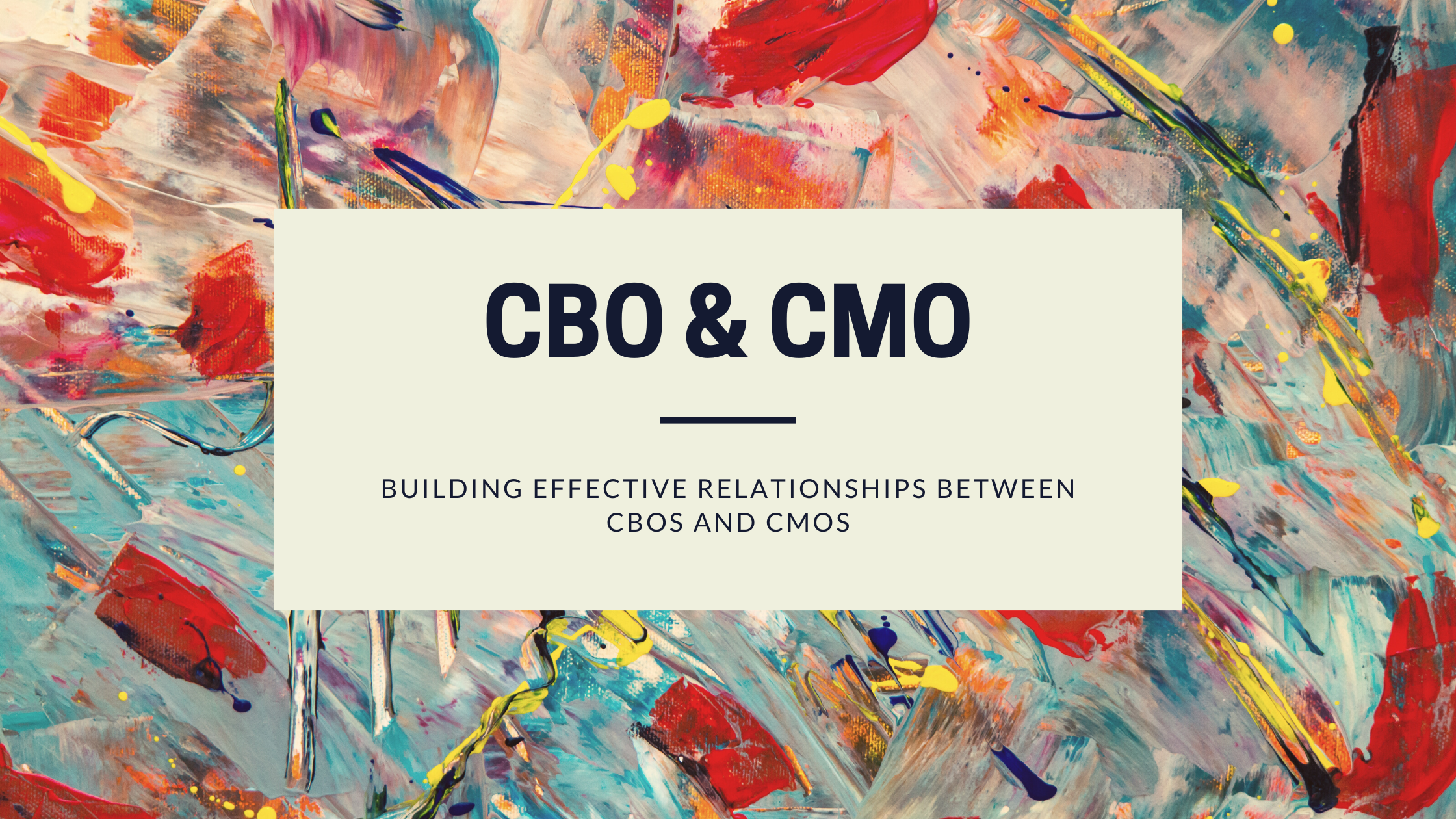Jason Alan Snyder recently wrote a piece in AdWeek covering the strengths and weaknesses of agencies that really got me thinking. While agencies have the energy and stimulus to really drive a person professionally, when it comes to invention and innovation, they can be too reluctant to take the lead and charge forward, scared to take control of their own inventions, or not realizing how vital that innovation can be when leveraged properly.
While independent inventors were once the only main source of patents, companies have become increasingly more and more the “engines of invention”, as he puts it. Around the 1930’s is when the bigger companies really got into the research and development fields, driving corporate growth and eventually discovering, developing, and patenting inventions that have come to change the lives of modern people.
An excellent example of this is DuPont, who in the in 1801 sold black gunpowder. After the end of the civil war, the demand greatly decreased but rather than be left behind by technology and political climate advances, they began an R&D lab. That lab worked for decades with little long-term results or impact, until the late 1920’s/early 1930’s, where we started getting the major breakthroughs. These became neoprene, nylon, Teflon, and insecticides that changed technology in many fields permanently. And they were just one of the companies that were driven by research and development. From the article:
“Bell Labs and the transistor, RCA and color television, GE and MRI technology, etc. In the process, R&D has become the ultimate corporate sacred cow—high investment in research will lead to a boatload of insanely great products that will carry a company to a new level, driving growth in profits and staking out vibrant emerging markets.”
So the question becomes, if large companies now are devoting such large amounts to research, why aren’t agencies? Agencies may be a very different sort of business than his corporate example of Apple, but in this current business climate more and more customers in every branch of business from advertising to cleaning supplies are demanding innovation and technological advances as an assumed part of the service package. So why aren’t agencies devoting the resources, time, and brainpower to invention on a large and meaningful scale?
And it’s not just large companies leading the charge, either. You have so many startup companies with hack-days, accelerators, incubators, open-source, and more. All these small startups are instituting processes and setting aside resources leading to collaboration, brainstorm, and eventually invention. I agree with Jason that agencies are falling behind in adapting a new model that drives change and innovation. Agencies are full to the brim with lateral thinkers and entrepreneurial brains – storytellers, salesmen, engineers, and minds that can turn the complicated into a simple truth. So shouldn’t agencies be the best place for new innovations to start?
There is a huge opportunity here for agencies to not only remain competitive, but to change the game altogether. It’s great to find a workflow that fits your agency culture and clients, but it’s important to not get complacent to keep a focus on change, regardless of your industry. It may be a huge undertaking to restructure not just one agency, but the industry as a whole. However, the social -and structural- foundations of agency life need to be changed to be leaders at the front of the pack, driving new ideas and letting them raise to the surface, rather than managing from the top down and smothering the fire of invention.
The current state of the advertising industry is like a brand that is trying to remain relevant by chasing every new fad vs. investing in innovation that can enable agencies to be true influencers of culture once again. It’s no longer just about ads. It’s about helping our clients create campaigns or products/services that can fuel a greater purpose for their customers. Through innovation is ultimately how you breakthrough to influence culture and create the most value by carving out new business models and transforming industries, building new opportunities, growing the market for our clients. Agencies have traditionally worked in heads down campaign or project-centric model versus being a guide to a client. Which means we need to build stronger innovation systems into our operational structure to motivate people to do extraordinary work
The world is currently exploding with energy. Speed of innovation is ten times faster. It’s the dawn of the “empowered consumer” which makes marketing more important.
Here are three things agencies can take away from the Startup Accelerators/Incubators to start driving more internal innovation. We need to build a system that is built to handle the pressure of our brand clients needs.
- Clarity of purpose. Ground every project in a solid common understanding of the task. Each project needs someone who feels responsible for bringing the project over the finish line and can lay a strong foundation for the team before the project starts – aligning your team under vision and priorities, not telling people what to do. Take a kitchen table or beta department approach to focus on developing a common understanding, dig into the problem through research, competitive review, and strategy exercises.
- Focus on achieving small wins. One of the biggest lessons I have learned that in a startup or any company for that matter, you have to manufacture wins. By having small goals and stringing them together, you create momentum. Small wins lead to bigger wins. Companies are successful because of long strings of small wins, long strings of good, small decisions. As Agencies we need to be ready to adapt and understand that clarity comes with action. You don’t need thought, you need inertia. Think about ideas and take action. Rapidly develop as many creative solutions as possible.Choose the best ideas and hammer out a story. Build something quick and dirty that can be shown to users. Show the creative to real humans (in other words, people outside your company) and learn what works and what doesn’t work.
- Communicate honestly. What you think leads to success leads to trust & predictability. It takes a system of people working well together, and passionate about a problem or idea to produce consistently great results. It also takes leader dedicated to never stop pursuing alternatives to build an agency culture that can bring people together. When it comes to motivating a team showing appreciation and having the humility to understand is best tool. Remember your team came together to get things done. It is the struggle it takes to make it work that helps give things it’s value.





